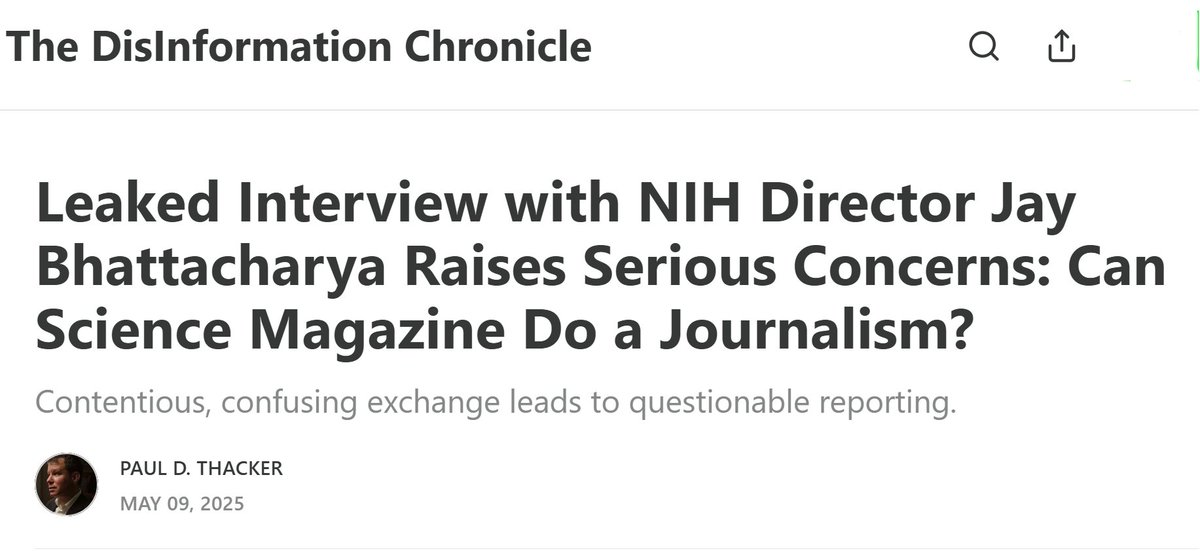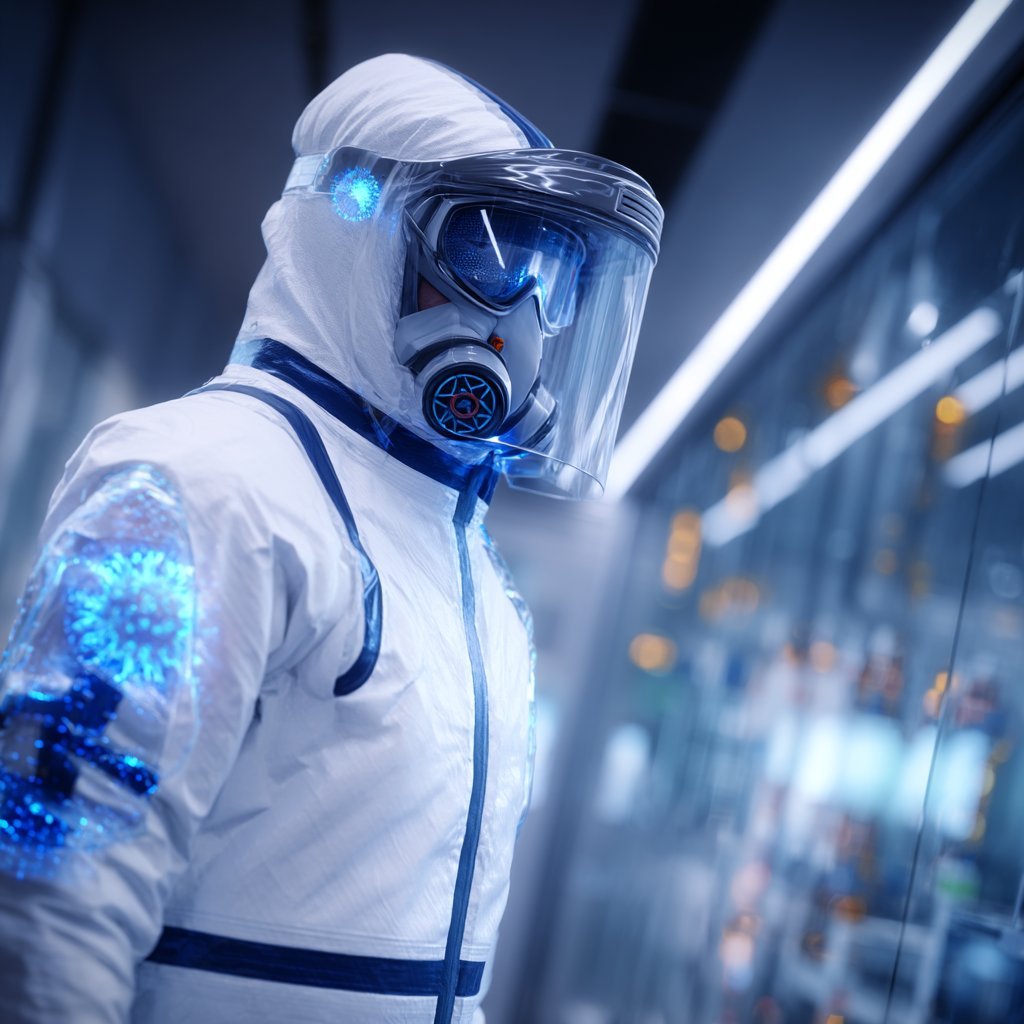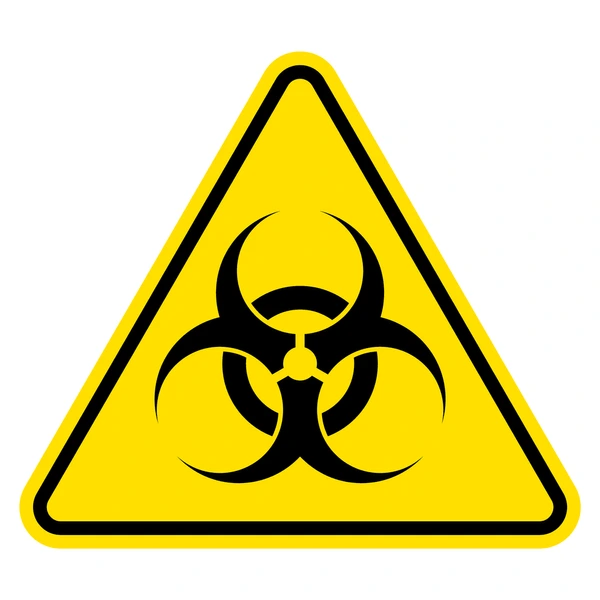In 2022, the @NIH terminated a subaward to the Wuhan Institute of Virology. American taxpayers had for years been sending money there to fund dangerous gain of function research. Wuhan refused to turn over lab notebooks that the NIH demanded.
🧵1/5
thebulletin.org/2022/08/nih-to…
🧵1/5
thebulletin.org/2022/08/nih-to…
Under the old system, which the @nih replaced this week, grantees were supposed to police the behavior of subawardees, including data sharing, financial auditing, etc. In the Wuhan case, we all saw how poorly that worked out...
🧵2/5
🧵2/5
To solve this problem, the @NIH moved this week to a system where if researchers wants to work with a foreign institution, they can do so, but the foreign institution faces the same rules for payment and data sharing as the grantee. No more Wuhans!
🧵3/5
grants.nih.gov/news-events/ni…
🧵3/5
grants.nih.gov/news-events/ni…

Amazingly, the propaganda arm of @ScienceMagazine reported that this sensible step -- which makes sure taxpayer dollars for research are stewarded properly -- as "insane." I guess they were ok with the mismanagement of the Wuhan subaward.
🧵4/5
science.org/content/articl…
🧵4/5
science.org/content/articl…
In writing about the new policy, journalist @thackerpd asks, "Can Science Magazine do a Journalism?" My answer is: no.
🧵5/5
disinformationchronicle.substack.com/p/leaked-inter…
🧵5/5
disinformationchronicle.substack.com/p/leaked-inter…

• • •
Missing some Tweet in this thread? You can try to
force a refresh






